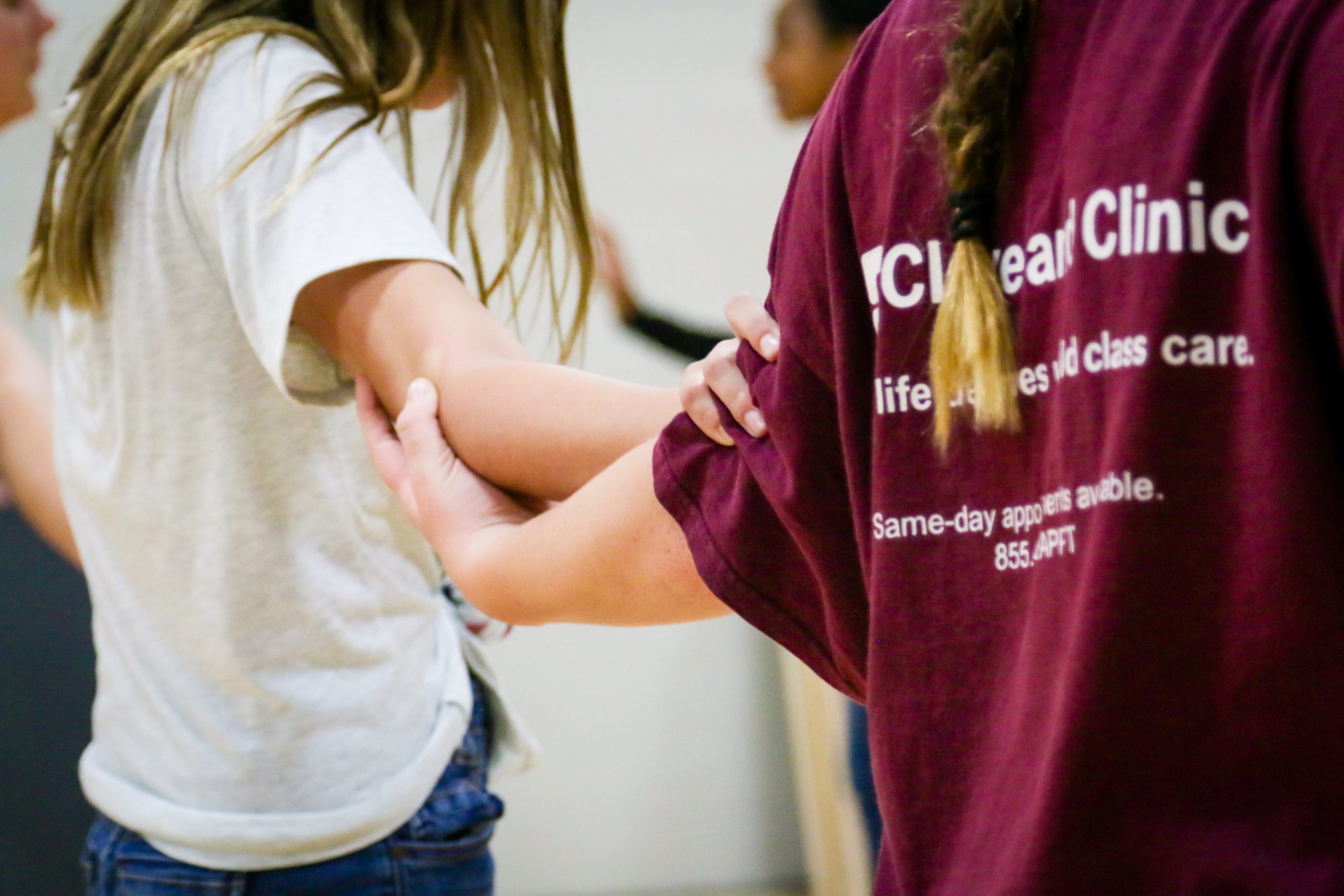Did you know Gracehaven offers internships as part of our current openings? Read about one of our clinical intern’s experiences and then reach out today to see what role at Gracehaven might be a great fit for you or someone you know!
Carolyn Coolidge,  Gracehaven Clinical Intern
Gracehaven Clinical Intern
At Gracehaven, I have been able to watch as social workers and counselors use their different strengths to provide the best practice for our clients. Even though I am pursuing a Masters in Social Work degree, I have been able to learn from staff with education and past experiences that differ from mine.
By working with staff with counseling degrees, I have a greater understanding now of how to implement therapy models and determine how to diagnose clients. And by working with other social workers, I can see how advocacy is necessary from the micro to the macro level of services. For example, we seek to support clients as they advocate for themselves in their treatment at Gracehaven, with their guardians, or at doctors appointments. On a larger scale, I have learned about the importance of advocating for youth who are being unjustly criminalized and are victims of sex trafficking.
My internship has provided an array of learning experiences. Weekly, I prepare and provide Dialectical Behavioral Therapy (DBT) in a group setting with my supervisor Molly McAfee, LISW-S. Additionally, I am completing Diagnostic Assessments to establish an understanding of new clients’ backgrounds and needs for services.
DBT highlights dual realities; sometimes two things seem as though they cannot co-exist but actually do. For example, someone may be sad that it is the end of the school year because they will miss being with their friends and yet, they also feel excited for summer break. While mindfulness is foundational for DBT, it also provides guidance in managing stressful situations, regulating emotions, and developing healthy relationships.
Weekly, in our DBT group, the residents share what coping skills they tried, what worked for them, and what did not work for them. Recently, a concept we discussed during the group was opposite action. If we are angry, we might have the urge to yell at someone. If we are sad, we might have the urge to isolate ourselves. We encourage the youth to determine what action they can take instead of their initial urge. This will likely lead to better outcomes and more comfortable emotions.
One teen shared that walking outside is a helpful opposite action when she’s feeling angry. Another teen shared that when she is upset, she will walk away, say a prayer, and then engage with the situation. For the group home girls seeking to take active steps of faith, I’ve seen first-hand how they integrate their DBT treatment with their love and trust in Jesus. This especially has made my internship with Gracehaven very exciting!
